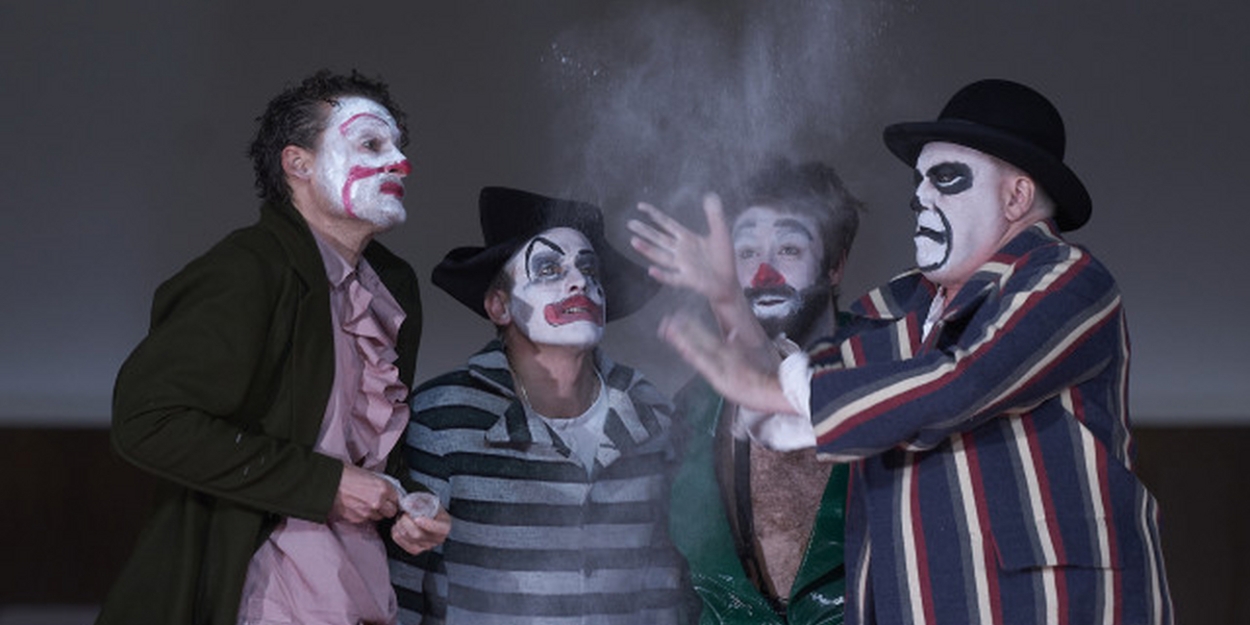DONTONS TOD is Now Playing at Burgtheater
Performances run through 19 June.

Dontons Tod is now playing at Burgtheater. Performances run through 19 June.
Danton and Robespierre only meet face to face for one short moment in Georg Büchner’s drama DANTON’S DEATH. “Any man who keeps me from defending myself is my murderer just as surely as if he attacked me,” says the one. “Where self-defence ends, murder begins,” says the other. At this point they are three and a half years into the French Revolution, which started with the Storming of the Bastille in July 1789. Ever since, the country has been both with and without a king, there have been different constitutions and forms of government – until six months ago, when a transitional dictatorship seemed like the only option, given the internal and external threats and the hunger in the streets. It all began with the 1793 September Massacres, when the population was looking for enemies of the republic and stormed the prisons, killing thousands of inmates – and Danton did nothing to stop it.
The business of violence as a political instrument is booming (the share prices of arms companies are soaring to new heights), and it has always been justified with the argument of self-defence. Even the severely traumatised Danton, hearing the hordes chanting “September” in the streets, legitimises his actions by citing his right to defend himself: “It was self-defence; we had no choice.” But who decides at what point self-defence tips over into its excess and becomes murder? Who names the price and counts the victims? “Who spoke that Must? Who?”
Photo Credit: Matthias Horn
Comments
Videos

